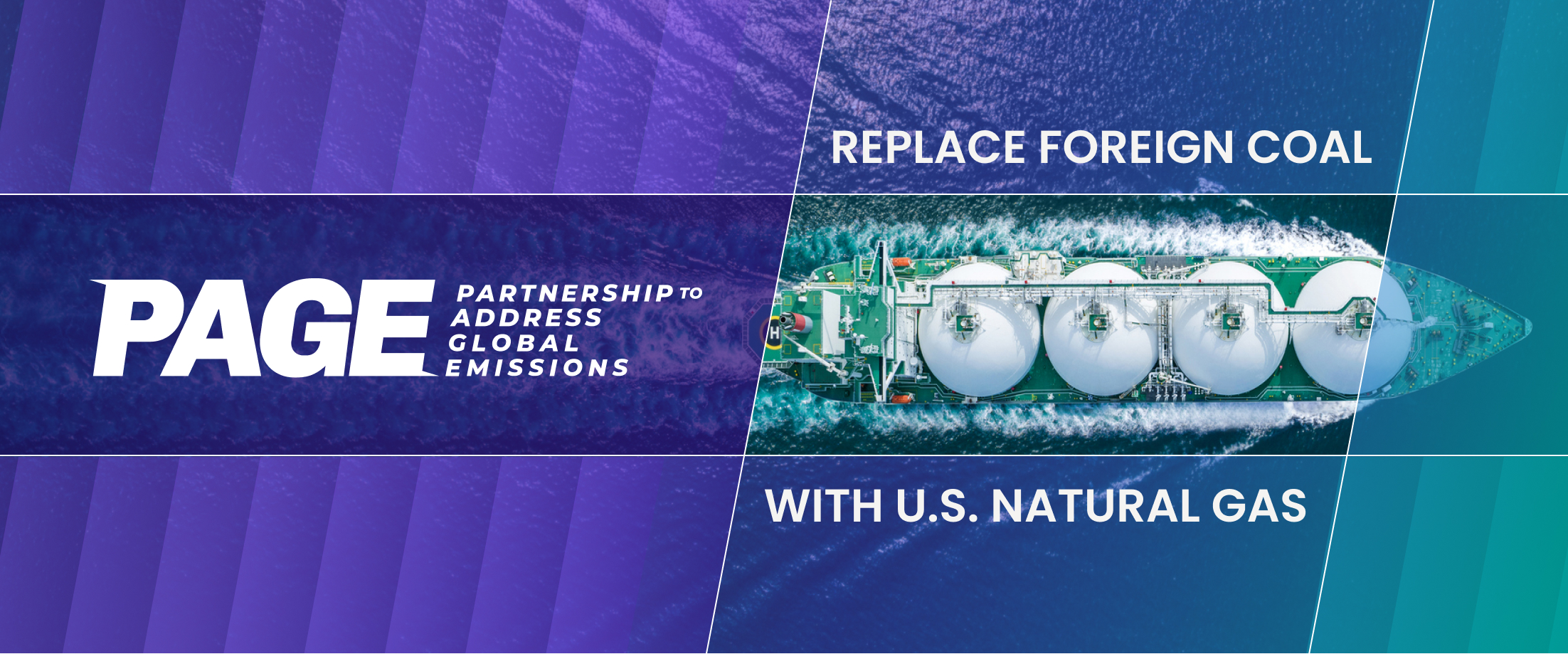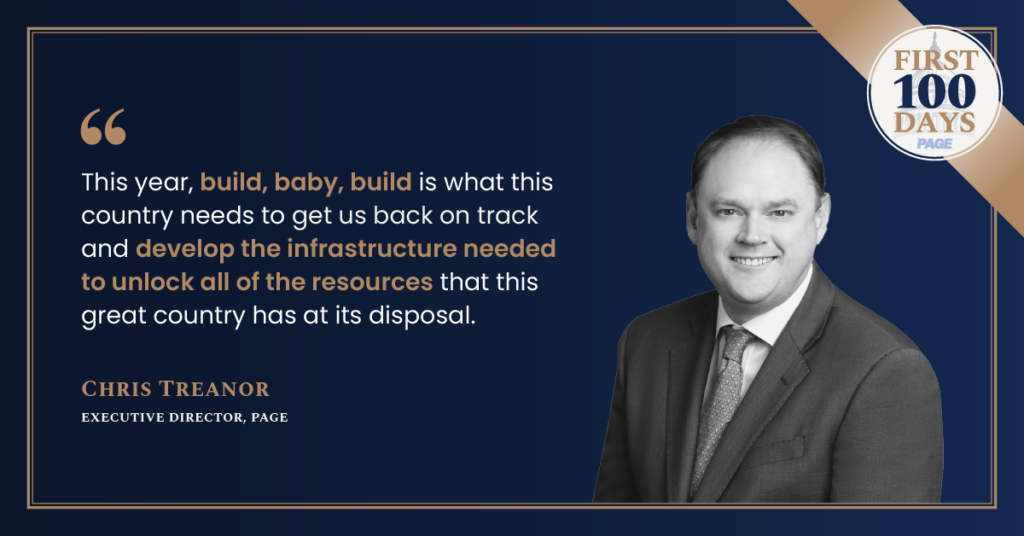According to The Wall Street Journal, it can take as little as 18 months to build a new data center. But building renewable energy projects or natural gas-fired power plants often takes three years or more. New transmission lines can take more than a decade.
Data centers are just one of many sources - along with allies that rely on U.S. natural gas - dramatically increasing demand for cleaner, more reliable, and more affordable energy.
That's why permitting reform needs to be priorities 1, 2, and 3 this Congress. We have the resources, but to keep up with the growing energy demands from American consumers and allies, we must streamline the development of critical energy infrastructure, including natural gas pipelines, through permitting reform.
Chris Treanor
PAGE Executive Director





